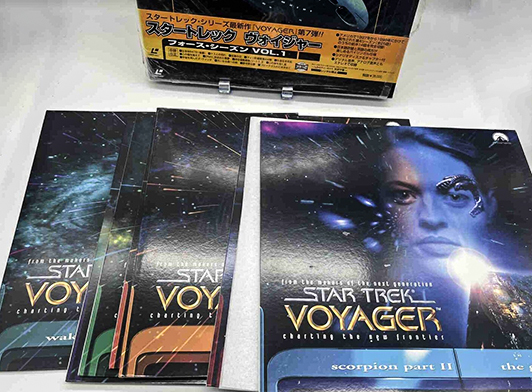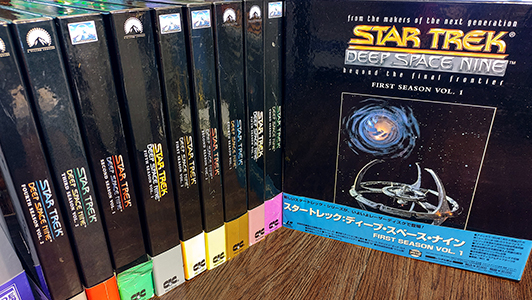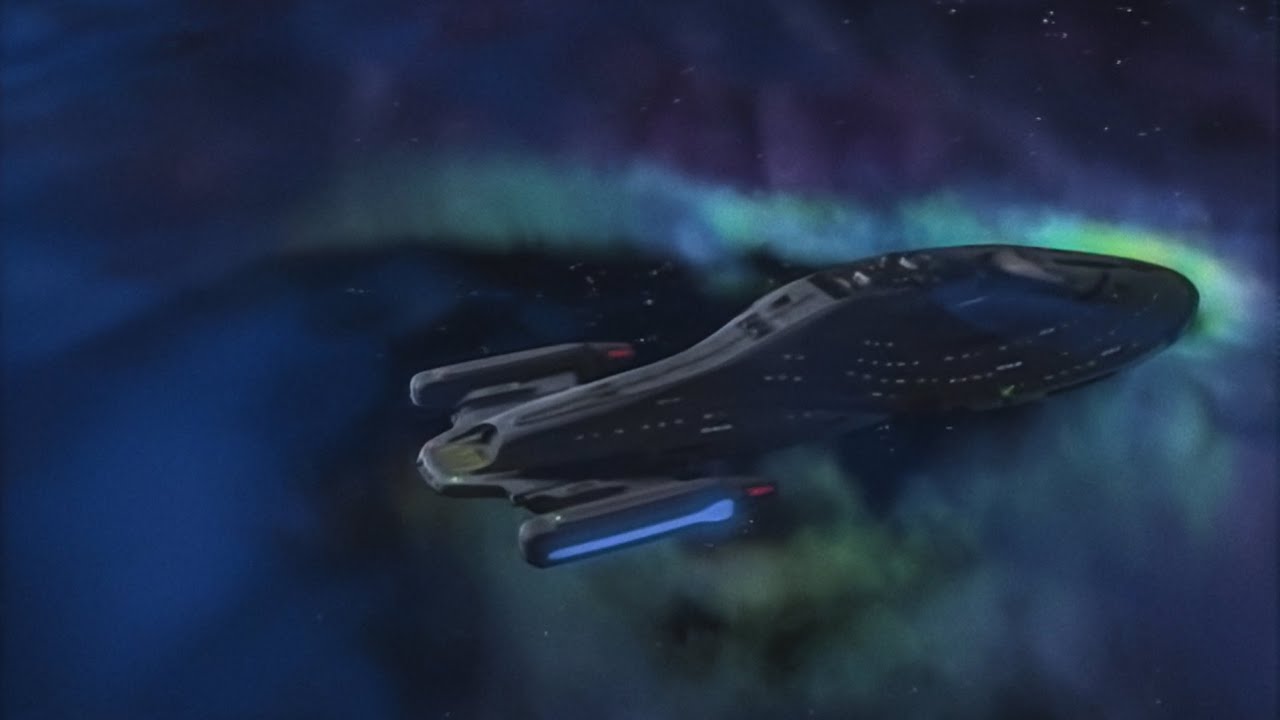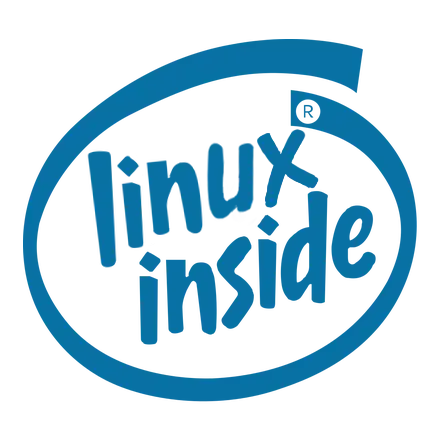Star Trek on Laserdisc


*Available in TOS, TAS, TNG, DS9, VOY, and theatrical release flavors.
It’s guaranteed very few Star Trek fans have ever seen these, they are as hard to find as it gets. What we have here is Star Trek on a fully analog video format that isn’t plagued by digital artifacts found on streaming platforms and early DVD releases (such as the DS9/VOY releases), nor does it have any of the quality issues found with VHS tape.
The elephant in the room here is cost, so don’t go searching Ebay/ZenMarket just yet. As with most analog hifi things, you have to spend a lot to get high quality results. Laserdisc is no exception, and it’s even worse because of the rarity of the discs and the equipment all having antique status.
That being said, in my quest to transport myself back to the 1990’s, I have amassed enough equipment and specialty gear to capture Laserdiscs in stupidly high quality, and have uploaded the results for normal people to see. Now the preferred way to watch these is in their native resolution with a high end LD player hooked directly to a retro Trinitron CRT or Plasma TV, but these direct disc captures will be the best possible viewing method on modern display devices.
Voyager LD Sample YT – VOY LD Sample Direct Download
DS9 LD Sample YT – DS9 LD Sample Direct Download
Hardware used for capture:
- Pioneer CLD-D704
- Domesday Duplicator
- Windows PC (i9-10900k/RTX-3080/32GB RAM)
Software used for processing:
- ld-decode
- Hybrid + Vapoursynth
- Premiere Pro
- Audition
- Topaz
Removed by mod
And for fucks sake take them off of YouTube until you do.
why?
Paramount is litigious and uploading ripped laserdisc is literally broadcasting, “look at this crime I committed.”
IIRC, VOY and DS9 were stored for long term on videotape, with the original footage deleted from the disks, while TOS and TNG were still (kept on) reels. Remastering film is a lot easier than upscaling low quality videotape, especially since that is also vulnerable to EM and much more to heat than modern film. I think the Laserdiscs were created from the original footage, so you have some proper gold here. You might be able to create even better upscaling with this than CaptRobau: https://captrobau.blogspot.com/2019/04/how-did-i-upscale-star-trek-ds9-footage.html
I think they were all on reels. The DS9 doc a couple of years back (after than blog post) had 4k hdr widescreen rescans of select scenes for the campaign bonus on kickstarter. Truly amazing. They also had the CGI files to rerender some scenes like Sacrifice of Angels battles.
Dear God, if these exist, there’s no excuse for the sound quality Paramount+ pushes out. 😢
Fans need these, if you ever do this project, thank you!
I might do one full episode as a test, I have another big project I need to finish first before I start another long term project.
Good news is, sound quality on LD is excellent, 2ch 16 bit 44100hz PCM with Dolby Surround.
If you do, you’re doing Q’s work. 🫡 The fans, would kill for this and I just rewatched the shows last month lol.
deleted by creator
You actually might be right, but I also worry Paramount executives wouldn’t care about us enough. 😣
I was so mesmerized by the Voyager intro I got sucked back into the warm nostalgia of my childhood. My eyes instinctively looked to the corner of the screen to read the episode title. And end of video. 😢
If you can get those on the internet you will be preserving access for the vast majority who would otherwise be stuck with the crappy streaming versions.
Laserdisk is analog?
Yes sir, instead of pits and lands being 1’s and 0’s on the disc, they are variable length and distance apart which allows for an analog RF signal to be stored on the disc.
Yep, like a record, but with freakin lasers!
Fuckin A thats so cool
Stunning!
deleted by creator
Nice. But I suppose the quality also depends on the source material that got pressed on those disks?! I mean the credits are CGI and had been digitally created in a certain resolution and then been converted. But I really don’t know what kind of cameras and CGI tech they used for TV productions in the 90s. Might have been magnetic tape that isn’t the highest quality unlike something that had originally been recorded on analog film.
Edit: Wikipedia says Voyager is the first series with CGI effects for exterior shots of the spaceships. And the effects are rendered in “standard television resolution”. So they should be in 480p (or ‘i’)? But that seems to align well with Laserdisc which also contain standard NTSC or PAL video signals.
They are 480i. But the difference may be that DS9 and Voyager were
shot andstored on tape. The laserdisc was sourced from those tapes much earlier so it’s probably a higher quality transfer than the DVDs which came later. Looking on memory alpha the first laser disc releases were about a decade before they made it to DVD. The image quality may be better on laserdisc.Thanks, that explains a lot. Yeah, unfortunately some initial masters and releases are sub-par. Guess it’s the same for DVDs as it is for some music album releases. And I mean for TV shows from a certain era there’s not much to be done. Glad the VHS or DVD wasn’t the only release. I watched some DVD a year ago an let’s say I wasn’t impressed. It’s not up to today’s standards of high definition TVs and to me it’s neither a valuable collector’s item.
IIRC from the “What we left behind” documentary, they were shot on film. They even had a few minutes of HD material scanned from the film reels. It’s the CGI that was baked only into the tape version that makes it so difficult to do a HD remaster. And why they went back to the tapes when producing the DVD release.
@spyd3r Are they also better than what you can currently stream? One should hope that Paramount is squeezing out what is possible.
Way better than what you can stream (so are the DVDs though), if you watch these discs directly on a retro Trinitron CRT or Plasma TV (I use a Plasma TV) with a good 3d comb filter, they look absolutely perfect, no exaggeration.
But, due to analog signal inputs being afterthought in modern LCD TVs, If you plug the player directly into a modern LCD TV it’s going to look like noisy, muddy, poop, unless you have an expensive video processor ($$$$). Which is why I don’t suggest anyone go down this rabbit hole, except for hardcore retro enthusiasts.
There’s also the problem of the final 2 seasons being missing due to LaserDisc production being stopped.
Wow.
I can’t hear laserdisc without immediately thinking of SLC Punk.

That’s so Impossible cool! Would love to be able to watch these all again but on laserdisc though I think even thinking about is out of my wallets reach.
Honestly amazing.
Why do they look better than they DVDs?
LaserDisc stores the video signal in an entirely analog format on the disc, similar to a vinyl record but using lasers. In theory, under good conditions, the input signal is almost entirely reproduceable on playback (minus some degradation in the form of noise and dropouts).
The end viewing result should be something very close to the master tape that was used to make the LD discs, which in this case should be the same tapes used to broadcast the show on TV.
DVD uses the same resolution and video format as LD but digitized, so it’s pretty evenly matched and DVD has better numbers on paper, but where it fails is its use of lossy compression (MPEG2) to fit all that data onto a disc which visibly degrades the image quality quite a bit. This issue is compounded because they chose to jam multiple episodes onto a single 4.7gb disc plus various extras and bullshit resulting in even lower video quality.
If only Paramount would get off it’s ass and make a BluRay release…
Thank you for the explanation.
Yes I wish they would remaster DS9 as the documentary proved possible. But Paramount won’t sink any money in to it. I was hoping they would for Paramount+ like what HBO did with some classics for HBO Max. But alas, no
A full HD remaster from the film reels would be amazing, but even just re-digitizing the master tapes would give an improvement. That wouldn’t cost more than a team full of interns and some computers.
Indeed and equally perplexing considering how hot Star Trek is right now. You’d think they’d want it in high quality for the next 20 years of streaming/digital/tv rights etc
That’s awesome! How do you use Topaz in this flow?
It goes something like this, capture to disk -> decode rf file to video and audio streams with ld-decode -> deinterlace and remove noise with Hybrid/Vapoursynth -> load into Topaz to boost res to 1620x1080 with proteus AI -> final editing, tweaking, and repairs with Premiere -> final encode to HEVC with Hybrid.
Note: For uploading to YT I doubled the resolution again to juice more bitrate out of their encoder. This doesn’t really improve the quality for normal files, so 1080p will probably be the max for regular files. If you try to go beyond that with topaz it starts ‘creating’ things to fill the pixels with and it looks artificial…
Somehow I missed this thread when it was new, wow the LD quality really is excellent.
Thanks for sharing this I love this kinda thing!
I can imagine. I have all films on LaserDisc. (At least those that got released)













